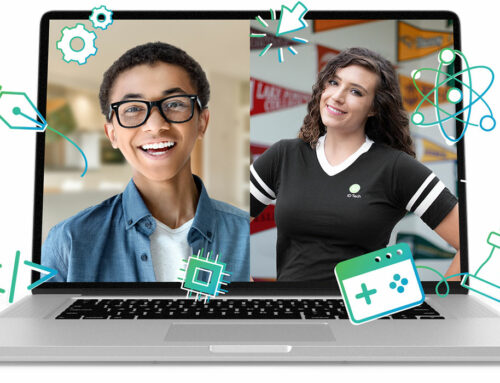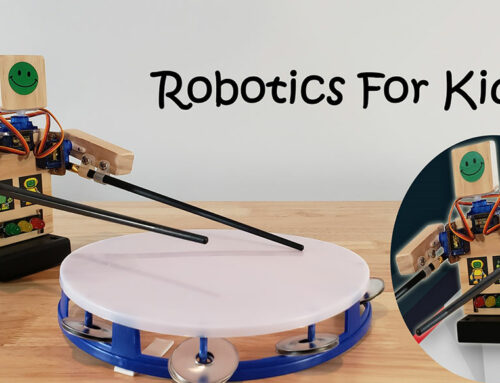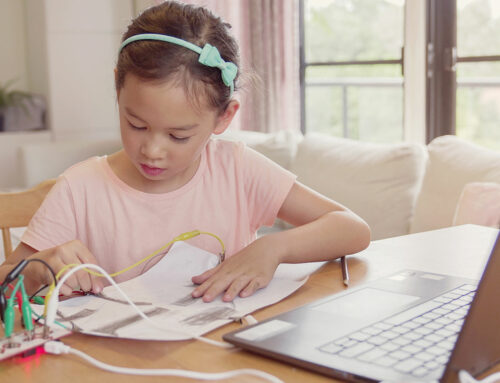By Joseph London
With many new high-tech ways to study, paper flashcards aren’t the flashiest homeschool teaching material available to the modern man. Nonetheless, if used wisely, flashcards can be the homeschooled student’s most powerful and accessible study weapon. Moreover, they can be adapted to fit learners of all ages and abilities.
Did You Know? Flashcards Have Been Used For Centuries! They’re That Good!
Even early educators, such as the Roman teacher and orator Quintilian, understood that if you want to memorize information, it’s best to practice recalling it. Flashcards help you do just that. According to the U.S. Department of Education, such “active recall” “not only enhances learning, [but] also reduces the rate at which information is forgotten” by strengthening neural memory paths.
So why is flashcard recall so much more effective than passively reviewing information? The human mind’s incredible efficiency explains this. Imagine an invading army. As troops move from city to city, they hastily create makeshift bridges and roads so that they can continue to advance. If the army passes through but never returns, these paths quickly deteriorate. If however, fighting forces stay to occupy the land, these little trails become vital transport routes for supplies and support. Eventually the roads become well-used highways that can last for centuries.
In analogy, the human mind constantly builds memory paths to connect newly learned information, but if these paths are not used, they quickly deteriorate. The more you actively recall information with flashcards, the more your brain strengthens neural memory paths, whereas if you passively review information you only create these paths but do not maintain them. As a result, active recall study with flashcards is the most effective way to memorize information quickly and securely.
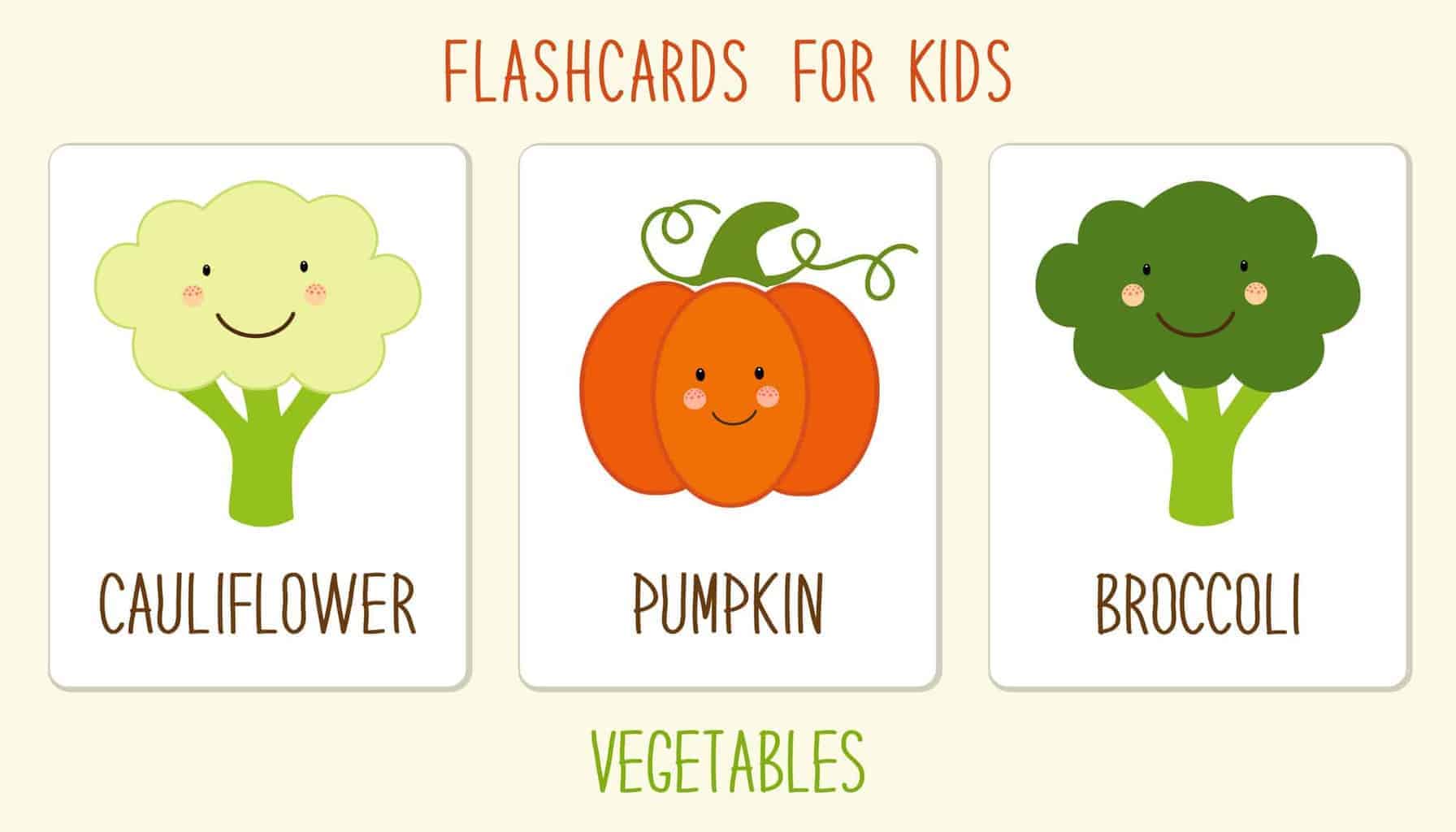
No Need to Cram: Short Flashcard Study Sessions are Best
Research has revealed that short, spaced flashcard study sessions are much more effective than long study sessions. If your students have short attention spans, that’s ok! A couple of ten-minute flashcard study sessions each day are enough. In addition, flashcards are a very adaptable teaching material for homeschoolers, and they’re just as suited to the car and the doctor’s office as to the schoolroom.
Flashcards Teach Learners How To Learn
While many people believe good students instinctively know how to study well, not everyone has a good grasp on this talent. Fortunately, flashcards don’t just drill information, they also help students of all ages develop a critical independent learning skill: self-assessment.
Using flashcards allows the student to check his own answer immediately. Thus, the flashcard itself (rather than mom or dad) shows the student the extent of his knowledge, providing a clear, objective standard. In addition, flashcards save students from being swamped by an overwhelming mass of textbook information by simply taking one flashcard at a time. In this way flashcards simplify and streamline learning success.
Flashcards as Multi-sensory Learning Tools in Homeschooling
Most people view flashcards as a purely visual teaching material. But can flashcards engage the non-visual learner? Yes! Here are some ways to make flashcards an amazing multi-sensory learning tool for your homeschool.
- Have your students make their own flashcards. Kinesthetic learners especially benefit from handwriting new information, and writing out flashcards gives all students an immediate learning edge.
- Review the information on the flashcard aloud. Auditory learners need to hear what they’re learning, not just see it. In addition, students learn more when they shape the words with their mouths— much like they benefit from writing them on paper.
- Let your students be creative. For instance, if they’re studying foreign language vocabulary, encourage them to invent a color code for the different parts of speech (eg. red for nouns, blue for verbs, etc.). If they’re learning history facts, encourage them to draw quick sketches and add easy-to-memorize phrases. Learning is inspired and enhanced by creativity.
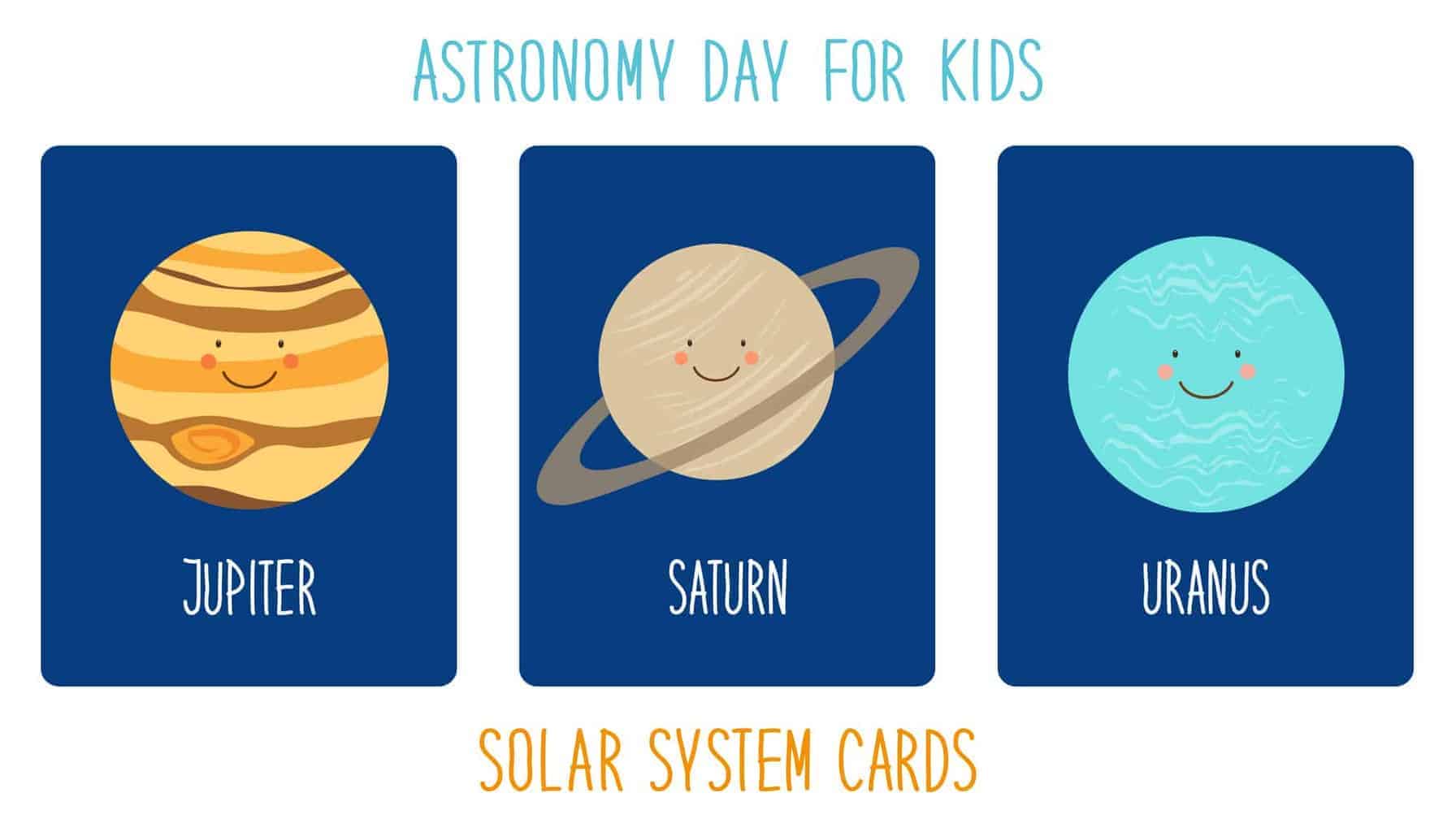
- Travel soap containers
- Hanging shoe rack
- Pencil bags or boxes, rubber-banded in sets
- Small photo albums
- Zippered snack or sandwich baggies
Make Learning Fun! Flashcard Games
Stoplight Solitaire
This game will make car rides productive, even fun. Have your students race to flip through your flashcard set (or pre-selected cards) while sitting at a red traffic light before the light turns green. If you can’t beat the light, you need more work. Study hard until the next stoplight and keep going until your students are faster than the speed of…light.
Flashcard Bee
This game is just like a conventional spelling bee, except the goal is to answer a set of flashcards correctly to avoid being “down.” If you have two or more students, excellent! You’re in for a great competition. If you don’t, give the player 3 extra “lives” so he’s not “out” too fast. Consider turning a flashcard bee into a short class warmup or review activity before introducing new lesson content.
Mushpot
This game show-style, multiplayer game is sure to engage and entertain students of all ages. Designate a moderator and a mush-pot: a chair or a corner in the room. As the moderator displays flashcards, players take turns answering them. For correct answers, players win points, but for incorrect answers, the moderator sends them to sit in the mush-pot and they lose a turn. The goal is to gain the highest score in a round.
Conclusion
Paper flashcards are a truly portable and adaptable homeschool teaching material. Moreover, they offer learners of all ages and abilities unlimited opportunities for engaging, multi-sensory learning. When it comes to using flashcards in homeschooling, even the most powerful or expensive computer software in the world cannot beat the paper flashcard for sheer simplicity and accessibility.
***
Joseph London is a high school sophomore, proud homeschooler, and sixth generation Texan. He lives with his family in Sugarland, TX. When he’s not studying with flashcards, he enjoys running and searching for plantation-era artifacts.
